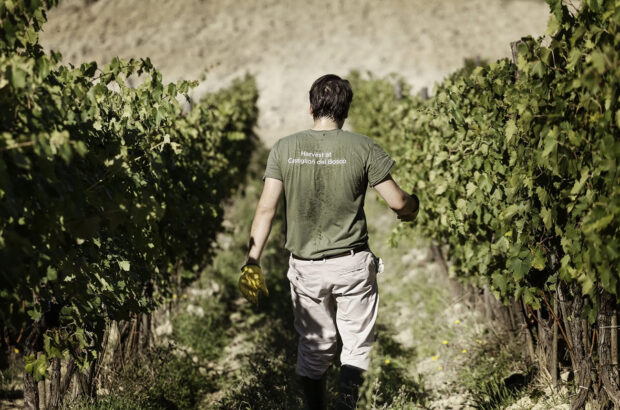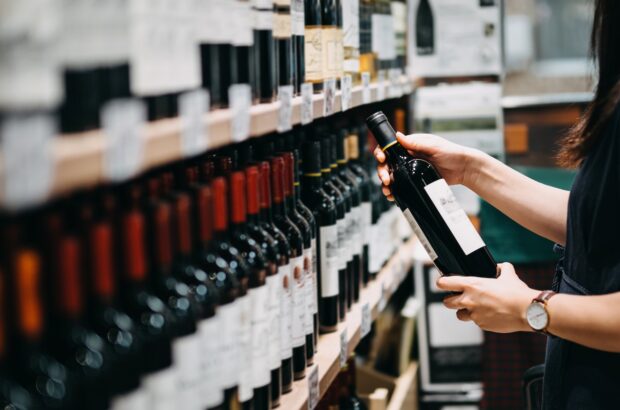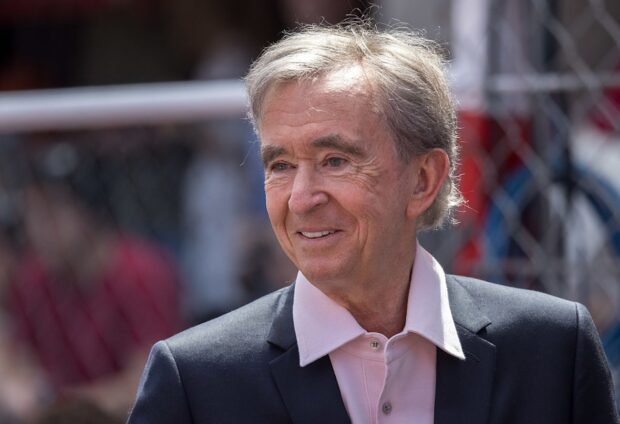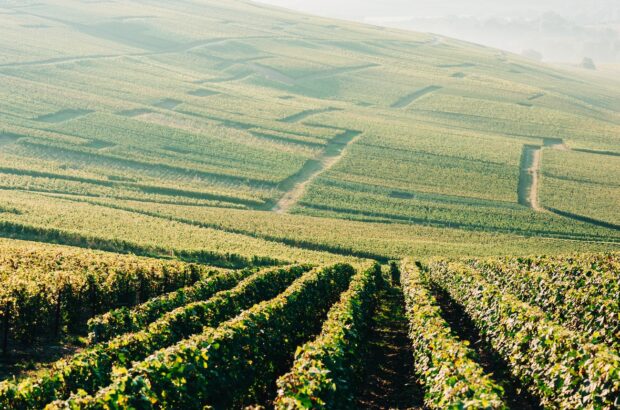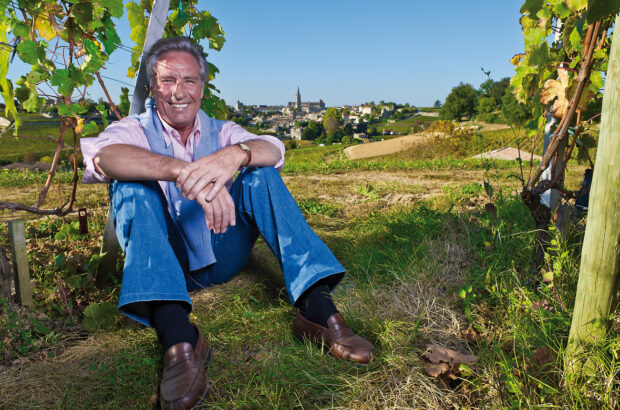See both sides of the debate as to whether Bordeaux en primeur prices should be falling further in line with the quality of the vintage and due to the quantity of lesser-priced vintages still on the market, as featured as the 'burning question' in the Decanter June 2014 issue...
Merchants have accused some Bordeaux châteaux of being out of touch with reality after a flurry of early en primeur releases from the 2013 vintage.
One of the most challenging Bordeaux vintages in recent years was always likely to lead to acrimony within the trade over how best to pitch the wines to consumers.
A key source of tension between châteaux, négociants and non-Bordeaux merchants has been the high cost of producing such a small amount of wine from a vintage that was book-ended by nightmare weather. Many châteaux have cut production of their 2013 harvest by at least 30%, and were heavily reliant on a small army of extra grape pickers and technology.
‘It was a war against nature,’ said Right Bank-based consultant Stéphane Derenoncourt. ‘This was one of the most expensive vintages to produce,’ said fellow consultant Michel Rolland.
Those charged with physically selling the wines to consumers were concerned that the Bordelais would use the small, costly 2013 crop to maintain unrealistic en primeur prices for what critics feel is a pleasant and early-drinking vintage, but certainly not a blockbuster.
Some initial releases appeared to prove their fears correct. Château Montrose chose to keep its 2012 price at €57.60 a bottle ex-Bordeaux. ‘Montrose is another château that fails to recognise that with 2013 we have a weak vintage with weak demand in a depressed market,’ said Stephen Browett, chairman of UK merchant Farr Vintners.
Cos d’Estournel, which was released ex-Bordeaux at €81.50 versus €89 for its 2012 vintage, was also criticised. Other releases have garnered praise. Lynch-Bages initially sold quickly at Londonbased merchant Berry Bros & Rudd after dropping its price by 17% to €50.
When Lafite-Rothschild came out at €288, down 14% on 2012, Oliver Sharp at Bordeaux Index said, ‘It’s a very good price indeed and we are confident we’ll have willing customers.’
So, should prices have been cut further?
Yes
‘It’s human nature to want to conserve prices, of course, but the higher-priced wines need to come down by 30% to stir up interest,’ said Alain Raynaud, head of the Grand Cercle des Vins de Bordeaux union of châteaux, drawn from the Right and Left Banks.
Miles Davis and Will Beck at Wine Asset Managers in London said only a return to 2008 pricing levels would really excite them and their clients. Jamie Strutt, of London-based merchant Goedhuis, added, ‘It is imperative that the 2013s are the most affordable vintage on the market by a substantial margin.’
Nicola Arcedeckne-Butler MW, of Suffolk-based merchant Private Cellar, said many estates are not heeding that message. ‘Châteaux talk about protecting their brands, but a brand has no value if no one is buying it. I’m not sure who the châteaux are relying on to buy this vintage – China has backed away, and Russia, Brazil and India are not taking its place.’
Peter Shakeshaft, of UK wine investment firm Vin-X, added, ‘There doesn’t seem to be any correlation between châteaux and négociants. Négociants are joining the wider trade in asking for more realistic pricing, but the châteaux don’t want to listen.’
No
There are different tiers of châteaux. Patrick Jestin, president of the Dourthe négociant house, said, ‘It depends on the price of the estate in the past. When you have cru bourgeois selling wine for €8, it will be hard to go down by a lot.’
Some châteaux have been unapologetic about their releases. ‘I was sure of my wine, and sure of my price. Now people can judge for themselves,’ said Alfred Tesseron, of Pontet-Canet, which held its 2012 price and released ahead of the en primeur tasting week in early April.
At the time of writing, what is apparent is that it’s hard to generalise. Each estate, after all, has its own pricing structure and existing stock levels. After Lynch-Bages dropped its price by 17%, Corney & Barrow’s Will Hargrove said, ‘We would have liked it to be down more, but then again it’s the cheapest Lynch-Bages you can buy and that’s what you want in a drinking vintage, which is what this is.’
Consultant Michel Rolland added: ‘The market sets the price. If people are ready to pay expensive prices, there will be expensive prices.’
Written by Decanter



